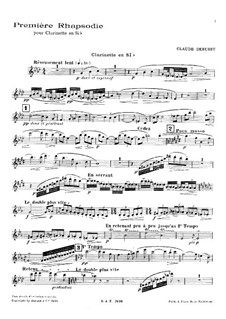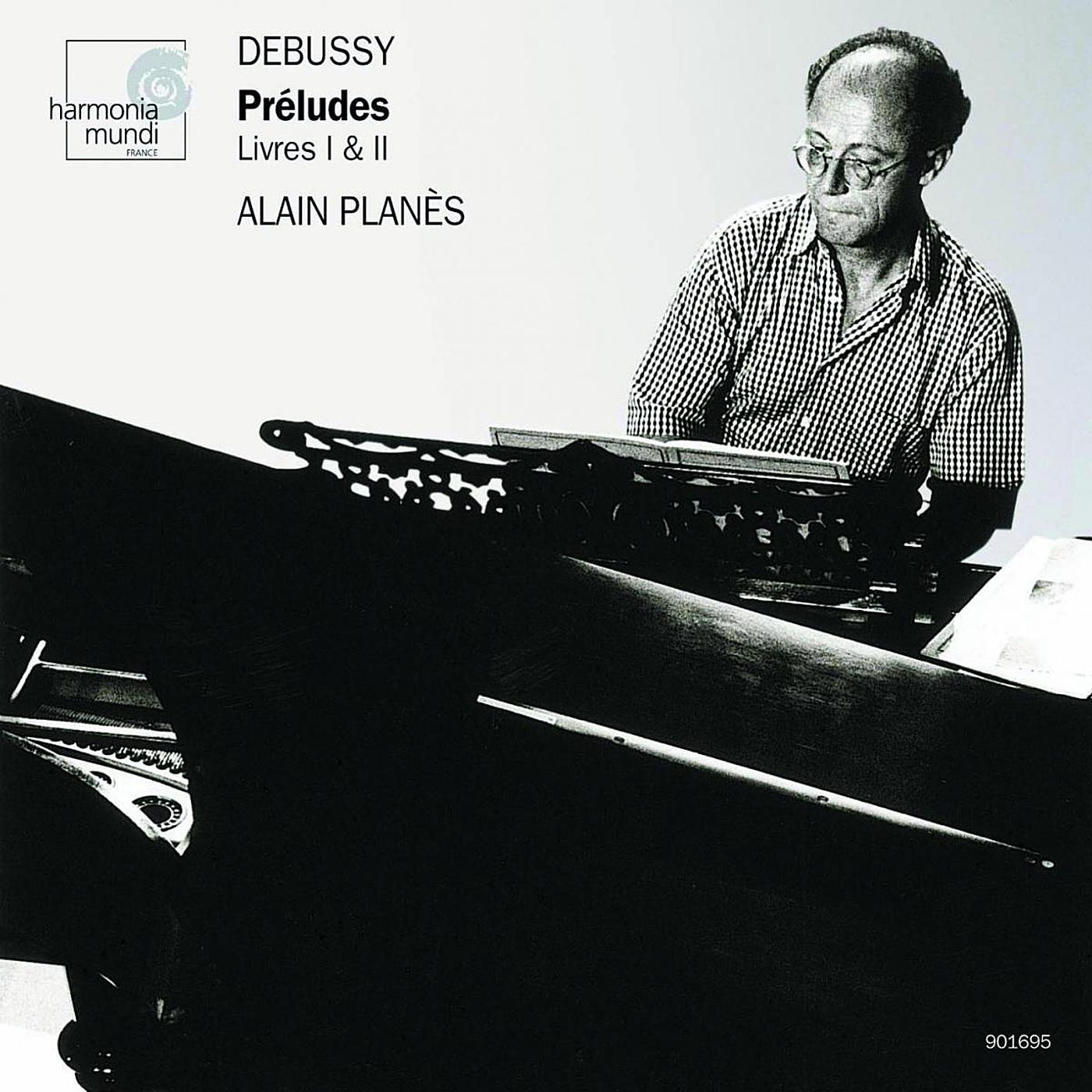



In a letter to his composition teacher, Ernest Guiraud, he described a “growing sense of detachment” from Wagner. In 1887, Debussy called Tristan und Isolde “the most beautiful thing I know, from the point of view of the profundity of the emotion.” Yet, in a prime example of what the late Harold Bloom called “the anxiety of influence,” Debussy soon became restless. One composer who was profoundly influenced by this music was the young Claude Debussy. On Monday, we heard the Prelude and Liebestod from Wagner’s Tristan und Isolde, a work which opened the door to the dissolution of tonality and the atonal sound world of the twentieth century.


 0 kommentar(er)
0 kommentar(er)
